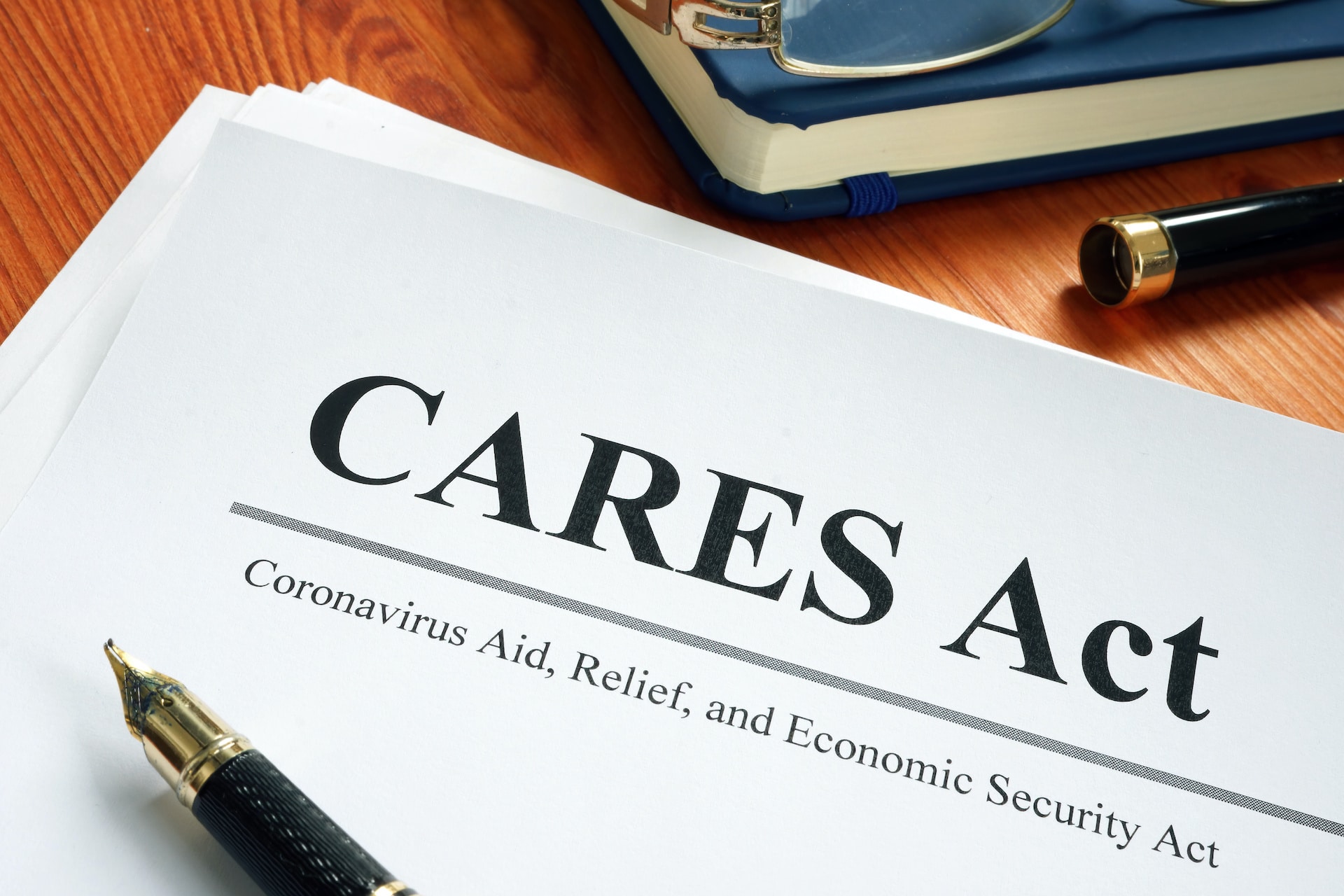
On March 27, 2020, the Coronavirus Aid, Relief, and Economic Security Act (the “CARES Act”) was signed into law. The CARES Act is a large rescue package aimed to provide relief to small businesses, workers, and families, as well as other parts of the U.S. economy. Some of the most significant changes in the Act relate to tax rules applicable to individual retirement accounts and employer retirement savings plans.
2020 Required Minimum Distribution Waived
The CARES Act waives the requirement that individuals must take a required minimum distribution (RMD) during 2020. The CARES Act does not preclude individuals from taking distributions from their retirement accounts or plans during 2020, but rather it allows participants of 401(k), 403(b), and 457(b) plans, as well as for individual retirement accounts (IRAs), including inherited IRAs, to forego taking their annual RMD without any penalty. Additionally, any distribution that was required to be made by April 1, 2020 because the owner had reached the required age for beginning his or her RMDs is also waived.
Some individuals who have already taken their RMD for 2020 but would have preferred to leave those amounts in their IRA or employer retirement plan, may have options under traditional tax rules or the CARES Act to return the distributed funds to their retirement account or plan. There are strict rules and eligibility requirements in order to properly return the retirement funds. Anyone considering returning a retirement distribution should consult with their tax advisor to determine if some or all of their distribution may qualify for regular rollover treatment or for the special repayment treatment as a Coronavirus-Related Distribution (discussed below).
New Penalty-Free Coronavirus-Related Distribution
Usually when an individual takes an early withdrawal from his or her retirement plan or IRA (before age 59 ½), a 10% penalty will be applied to the withdrawal on top of any income tax owed on the withdrawal. The CARES Act created a new type of penalty-free early distribution from retirement plans and IRAs. The coronavirus-related distribution (CRD) allows individuals who meet certain eligibility requirements to withdraw $100,000 in the aggregate from all retirement plans and IRAs without penalty, if withdrawn during the 2020 calendar year.
To be eligible, the individual must have been diagnosed with COVID-19, or the individual’s spouse or dependent has been diagnosed with the disease, or they have suffered financial hardships as a result of being quarantined, furloughed or laid off, or have suffered other similar financial circumstances. The withdrawal is still taxable as income to the taxpayer, but the distribution is not subject to the additional 10% penalty. The taxpayer has three years to repay the CRD to reduce the income tax owed, or to pay the income tax on the CRD over that three year period. Similarly, the CARES Act provides for similar expansions for participants to take loans from their employer retirement plans for CRDs.
The Diamond Law Firm is here to help you with these issues. Please call us at 727 823-1400 for an appointment.



